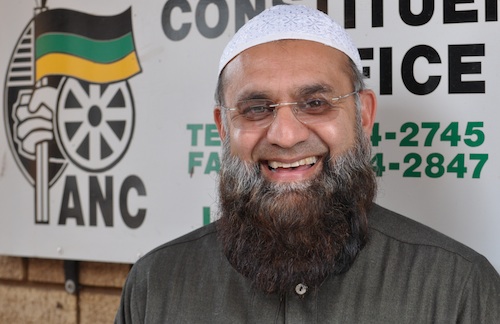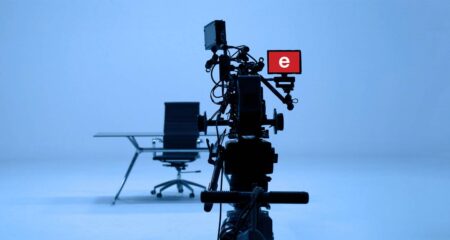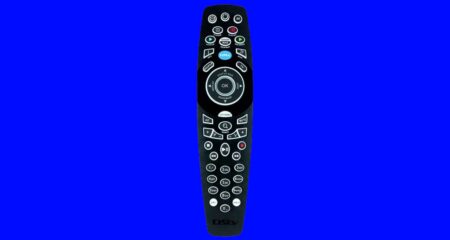
Cabinet should look carefully at all the implications of a review of the policy on digital migration.
This is the telling conclusion reached by the parliamentary portfolio committee on communications in a report detailing a review of two television standards being considered for SA’s move from analogue to digital terrestrial television.
SA agreed to use the European standard for digital broadcasts in 2006 when it signed an agreement with the rest of the Southern African Development Community and the International Telecommunication Union.
Cabinet then ratified the decision to go with this standard.
However, the department of communications dropped a bombshell on SA’s broadcasting industry in April when it called a symposium to discuss whether the country should switch to an adapted version of the Japanese standard, used in Brazil.
That review sparked outrage from the country’s commercial broadcasters, e.tv and M-Net. They say if SA ditches its commitment to the European standard, digital migration could be delayed by years.
The commercial broadcasters have warned the country could even miss its commitment to switch off analogue broadcasts by 2015.
A lack of agreement about which standard to use has led to clashes between technology experts from Europe and Brazil.
The portfolio committee visited the UK and Brazil in July on a study tour to examine the differences between the two standards.
The committee tabled its report back in a committee meeting this week, with a warning to cabinet not to be hasty in reviewing the policy already in place. “An international perspective is critical, given the large sums of public money set aside to cover projects such as digital migration,” says the report.
The parliamentary report provides details of each person and company visited by the 10-person delegation, and discusses the different methods adopted by the UK and Brazil.
The UK began digital migration in 2005 and, according to the report, expects to complete it by 2012. Like SA, the UK has agreed to have switched over by 2015.
According to the committee’s report, the UK has been able to bring in £23,4bn (R265bn) selling digital-dividend spectrum – the spectrum freed up in the migration process – for user by telecommunications operators.
In the UK, unlike SA, broadcasters shouldered most of the cost of the migration. The UK government did, however, assist with a help scheme for the poor and an education campaign to get viewers to change to a digital decoder.
According to the report, a basic digital decoder in the country costs about £20.
Cheap decoders are a must in the SA context because government will subsidise them for lower-income households. Local decoders are expected to cost under R700, but only if SA remains committed to the European standard.
According to the report, Brazilian decoders cost about US$200.
Brazil adopted a modified version of the Japanese standard in 2007 and expects to complete migration by 2016.
“Brazil’s interest in SA adopting its standard is informed by its desire to strengthen its strategic economic partnership with SA,” the report says. It’s also interested in extending the market where decoders built on its standard can be sold.
Portfolio committee chairman Ismail Vadi says the committee will not make a recommendation to cabinet about whether SA should change its commitment to the European standard.
“There already is a cabinet decision in place, and we are just saying we need to think carefully about reviewing the standard,” he says. — Candice Jones, TechCentral
- Subscribe to our free daily newsletter
- Follow us on Twitter or on Facebook




